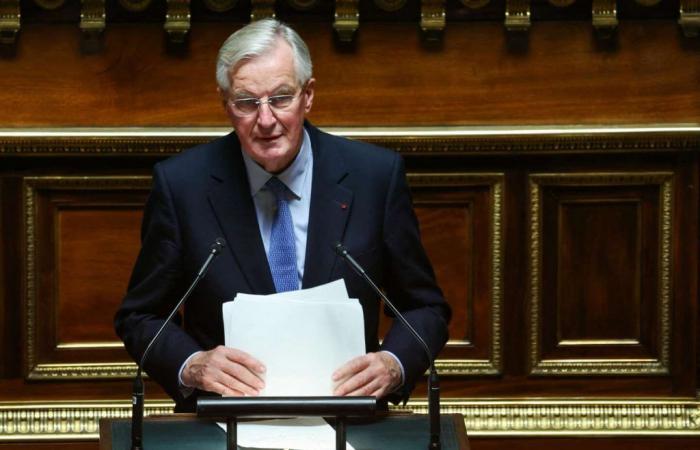AWhen France is going through an unprecedented housing crisis, the speech by Prime Minister Michel Barnier was expected, but his proposals favor a market that is struggling to reinvent itself rather than paying attention to the real needs of people. poorly housed people. As they stand, the measures announced may not respond to the challenges facing our society.
According to the latest report from the Abbé Pierre Foundation on the state of poor housing, nearly fifteen million people are affected, directly or indirectly, by this phenomenon: 4.2 million people are poorly housed and more than ten million are in a fragile situation, whether it is fuel poverty, overcrowding, or excessive financial effort… Added to this dramatic situation are three hundred and thirty thousand homeless people, more than double the number in 2012.
The measures announced by the Prime Minister confuse the housing crisis with the real estate crisis. The reduction of environmental constraints and the extension of the zero-interest loan thus aim to free up supply in an undifferentiated manner without taking into account the social reality of millions of French people. They are based on a traditional vision, which favors the owner and considers housing solely as a financial product. This classic vision fails to propose an ambitious, targeted and effective response to precariousness and poor housing.
Relaxing environmental standards such as the “zero net artificialization” regulation or postponing the energy diagnosis amounts not only to taking a step backward ecologically, but also to compromising the fight against thermal sieves, while six hundred thousand homes are considered unworthy. These declines weaken the most precarious and worsen the living conditions of the poorly housed.
Prioritize renovation
As for the extension of the zero-interest loan, although it could promote access to property for certain solvent households, it leaves the most vulnerable on the sidelines. These measures only benefit a minority and do not resolve the growing marginalization of the most precarious.
Finally, the strengthening of mayors’ control over the allocation of social housing, although presented as progress, risks further stigmatizing people residing in this housing, fueling prejudice and discrimination. While the country needs appeasement, this approach is far from encouraging solidarity and social cohesion.
You have 56.32% of this article left to read. The rest is reserved for subscribers.






